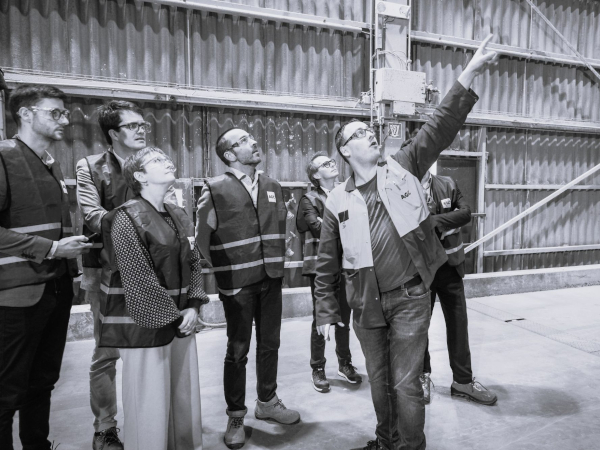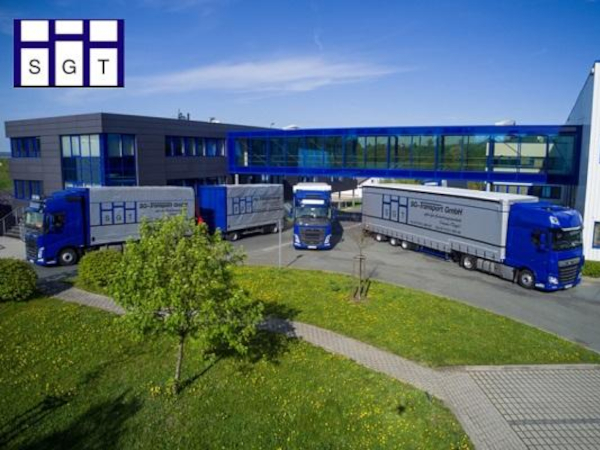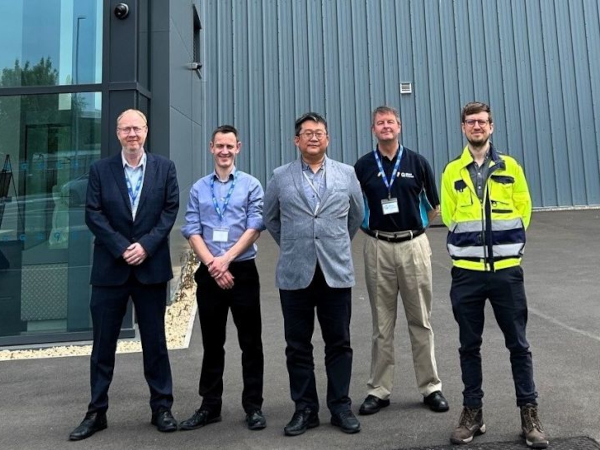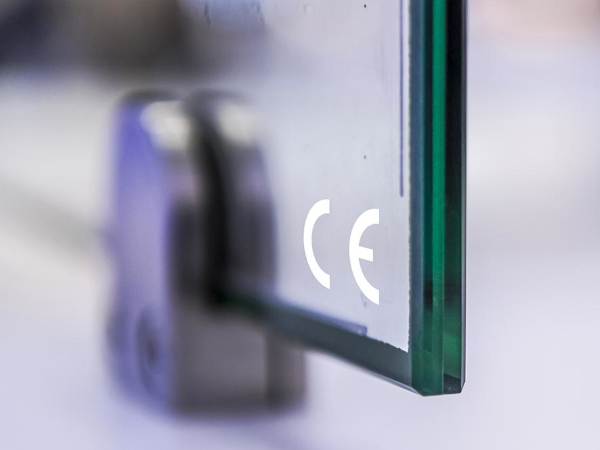Date: 9 April 2015
Asahimas Chemical (ASC). AGC will enhance the competitiveness of its chlor-alkali business in Southeast Asia by significantly reducing power rates, a major cost item of that business. The power plant is scheduled to commence operation within 2017.
The Caustic soda and polyvinyl chloride (PVC) market in Southeast Asia is projected to grow at over 5% per year. Of demand in the market, Indonesia, Thailand and Vietnam, where AGC has bases for the chlor-alkali business, account for 70%.
In order to steadily take in increasing demand in these growth markets, AGC has been working to grow business, by looking at Southeast Asia as a whole and leveraging synergies in the Group in the region, through measures including the enhancement of production capacity at ASC, which is scheduled to be completed at the end of 2015, the purchase of a Vietnamese PVC manufacturing company and the increase of its production capacity.
This investment will realize cost reduction of electricity, one of the main materials, and will help AGC to build dominant competitiveness not only in Indonesia but also in the entire Southeast Asia. AGC will ensure its position as the No. 1 regional manufacturer in the chlor-alkali business and accelerate business development by the Group as a whole.
To cope with increasing demand for electric power, Indonesia plans to reinforce thermal power stations fueled by coal that is produced in the country. To that plan, Japan proposes high efficiency power generation using circulation fluidized bed boilers (CFB method) or ultra-supercritical power plant, etc., aimed at reducing CO2 emissions. The power plant to be constructed by AGC will be a coal-fired power plant (power generation capacity: approximately 250MW) that uses low-grade coal of Indonesia, whose reserve is large and which can be obtained easily. It will adopt the high efficient, environmentally-friendly CFB method, which is capable of co-generation and mixed fuel burning of biomass fuel.
Under its management policy AGC plus, AGC positions the overseas chlor-alkali business as one of growth businesses. Through a series of measures, including this investment, AGC will steadily take in expanding demand and aim to raise the operating profit margin of the Group’s Chemicals segment to 10% or more in 2017.
< Reference >
■ Profile of P.T. Asahimas Chemical
(1) Company: P.T. Asahimas Chemical
(2) Representative: Jun Miyazaki
(3) Location : (Head Office) Jakarta, Indonesia (Plant) Cilegon, Banten, Indonesia
(4) Capital: 84 million USD
(5) Shareholders: AGC 52.5%; Mitsubishi Corporation 11.5%
Local partners (Rodamas 18%, Ableman Finance 18%)
(6) Established: 1986
(7) Business description: Production and sale of chemicals such as caustic soda, EDC, VCM, and PVC
■Business development and principal measures of the chlor-alkali business in Southeast Asia.jpg)
(In order of time when operation commences).jpg)
■A view of P.T. Asahimas Chemical.jpg)







Add new comment